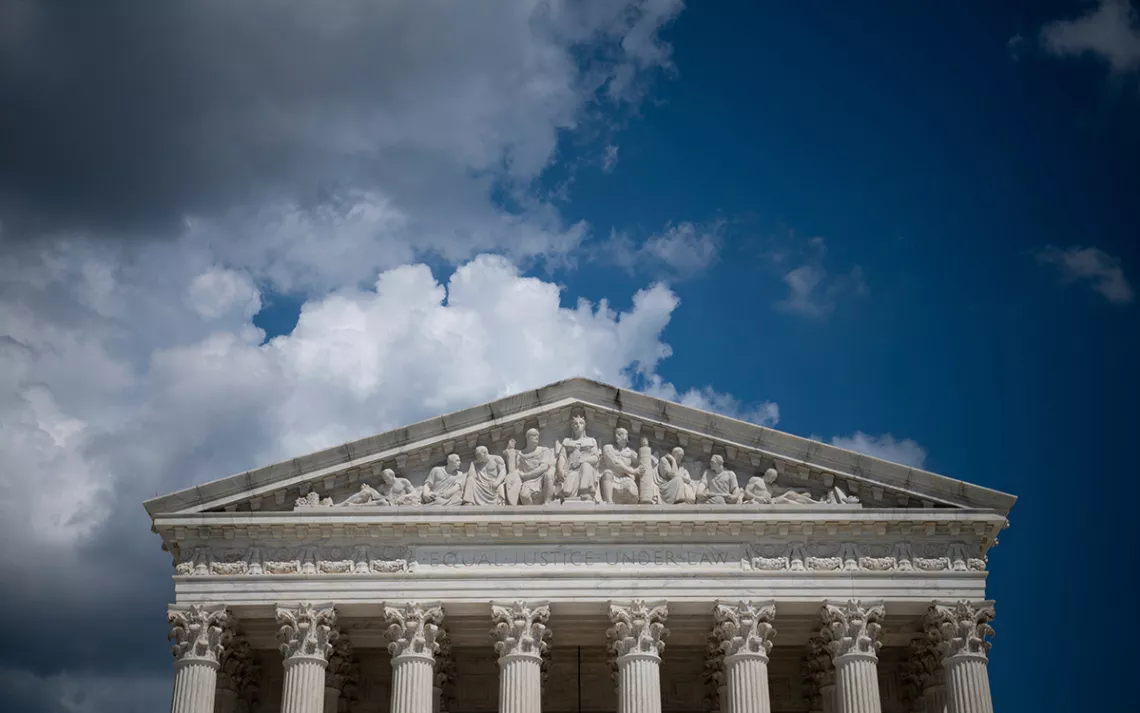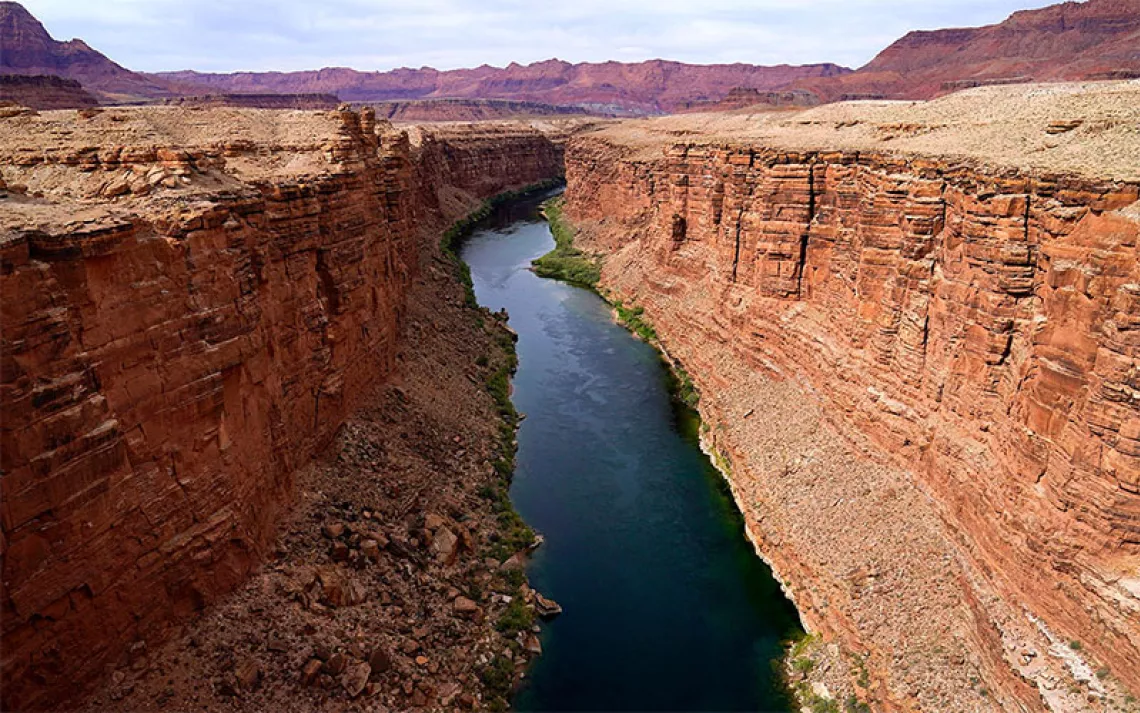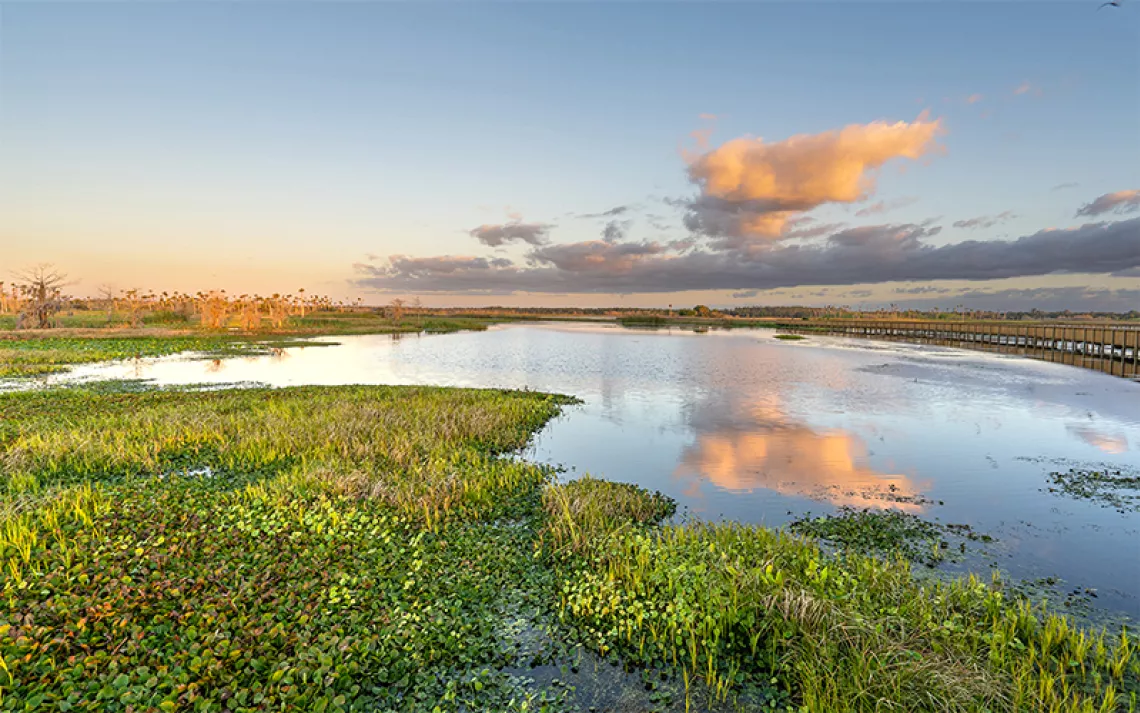Supreme Court Refuses to Give Big Oil a “Get Out of Jail Free” Card
State and local climate liability lawsuits will be heard by state courts

Photo by Graeme Sloan/Sipa USA via AP Images
The US Supreme Court on Monday delivered a legal setback to some of the world’s biggest oil companies as the justices denied the oil corporations’ pleas to intervene in state and local lawsuits seeking accountability for damages related to climate change.
Since 2017, more than two dozen states, counties, and cities from Rhode Island to Hawai'i’s Maui County to Baltimore, Maryland, have filed lawsuits against oil giants including ExxonMobil, BP, and Chevron. The suits seek to recover the costs of extreme weather events and coastal flooding that are exacerbated by climate change. Not a single one of those lawsuits has gone to trial, as the oil company defendants have waged a nonstop procedural campaign to move the cases from state courts to federal courts—which they view as more sympathetic venues.
But Big Oil’s repeated appeals have been met with repeated defeats. Six US Courts of Appeal (the First, Fourth, Eighth, Ninth, and Tenth circuits, for those keeping track) have unanimously rejected the fossil fuel companies’ change-of-venue arguments.
Monday’s decision by the Supreme Court marks the greatest blow yet. In Suncor Energy Inc. v Boulder County and four related cases involving Shell, BP, Chevron, and Sunoco, the justices declined to address the oil companies’ petitions. Justice Samuel Alito didn’t participate in the decision, presumably because he holds stock in some of the oil companies involved. Only Justice Brett Kavanaugh thought that the court should hear the case. Four justices are needed for the court to accept a case.
Attorneys behind the climate-liability cases celebrated the high court’s refusal to take up the issue as a victory for legal common sense.
“Every court that has reviewed this case has come to the same conclusion—that it should be heard in a local court, by a local jury,” said Marco Simons, general counsel at EarthRights International, which has assisted Boulder County, the City of Boulder, and San Miguel County, Colorado, in their case against fossil fuel producers. “The Supreme Court’s decision today confirms that. This case is not about changing national climate policy—it’s about accountability for the climate harms in Colorado that companies like Exxon and Suncor are responsible for.”
Minnesota attorney general Keith Ellison—who filed a fraud and deception case in 2020 against ExxonMobil, the American Petroleum Institute, and Koch Industries—called the Supreme Court’s denial of the Big Oil petitions “huge.”
“They propel forward the pursuit of accountability for these state and local governments who, like Minnesota, are determined to hold fossil fuel companies accountable for their deceptive conduct,” Ellison said in a statement. “We expect the defendants will do or say anything to further delay proceedings and mischaracterize these cases along the way, but today is a milestone to celebrate. Tomorrow, the work continues.”
The Biden administration’s opinion about the merits of the oil industry’s arguments may have played a role in the Supreme Court’s refusal to deal with the matter. Last fall, the justices explicitly asked the Biden administration to weigh in on the question of whether the climate liability cases should be heard in federal courts. While the Trump administration had defended Big Oil’s position, Biden’s solicitor general said there were no legal grounds to move the climate liability cases to federal court. “After the change in Administration … the United States has reexamined its position and has concluded that state-law claims like those pleaded here should not be recharacterized as claims arising under federal common law,” Solicitor General Elizabeth Prelogar argued on behalf of the federal government.
The Supreme Court’s spurning of Big Oil means that the climate liability lawsuits are closer than ever to being heard by juries. Karen Sokol, a professor at Loyola University New Orleans College of Law and visiting scholar at Princeton, said the fossil fuel companies could still file motions to dismiss the various cases, but odds are that some of the cases will eventually go to trial.
When they do, the general public is likely to take more notice. For the past six years, the technical and procedural tussling has mostly been of interest to hard-core climate activists and what Sokol called “federal court nerds.” With some cases heading toward a courtroom trial, the effort to hold fossil fuel corporations accountable for climate change is likely to gain in prominence.
“Things are certainly going to get interesting,” Sokol told Sierra. “From the public’s perspective, [these cases’] significance will come into much sharper relief.”
 The Magazine of The Sierra Club
The Magazine of The Sierra Club



